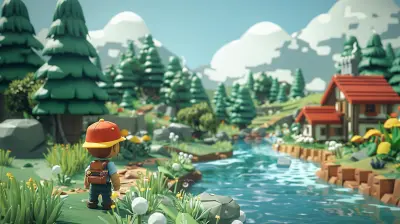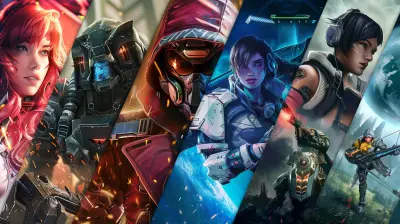How Quests Add Replay Value to Your Favorite Titles
29 August 2025
Let’s be real for a second — we’ve all had that one game we just couldn’t put down. Maybe you finished the main story, watched the credits roll… and then you jumped right back in. Why? One word: quests.
Quests are the beating heart of many of our favorite games. They’re not just side distractions or glorified fetch errands (okay, sometimes they are). When done right, quests breathe new life into a game world, making it feel alive, unpredictable, and worth coming back to.
In this post, we're diving deep into how quests add replay value to your favorite titles—and why that little side mission you ignored on your first playthrough might just be your favorite part the next time around.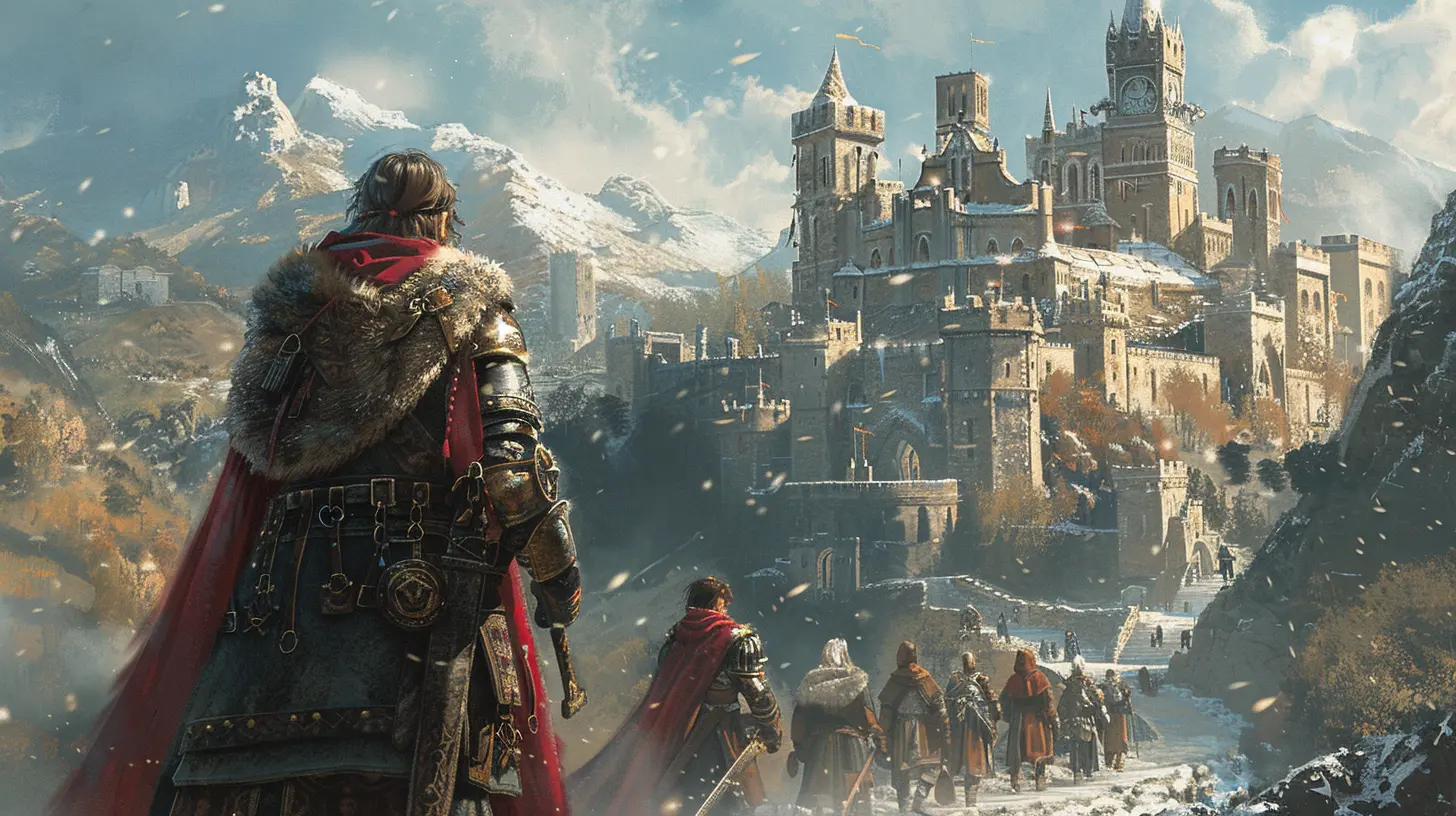
What Exactly Are Quests?
Before we launch into the good stuff, let’s define the basics.Quests are tasks or missions given to the player, often by non-playable characters (NPCs), guiding them through specific objectives in the game. They come in many flavors—main quests (story-driven), side quests (optional), timed quests, dynamic events, fetch quests, and more.
They vary by genre too. RPGs (like Skyrim or The Witcher), MMOs (like World of Warcraft), and even sandbox games (like Minecraft or Red Dead Redemption 2) pack their worlds with quests to keep players hooked.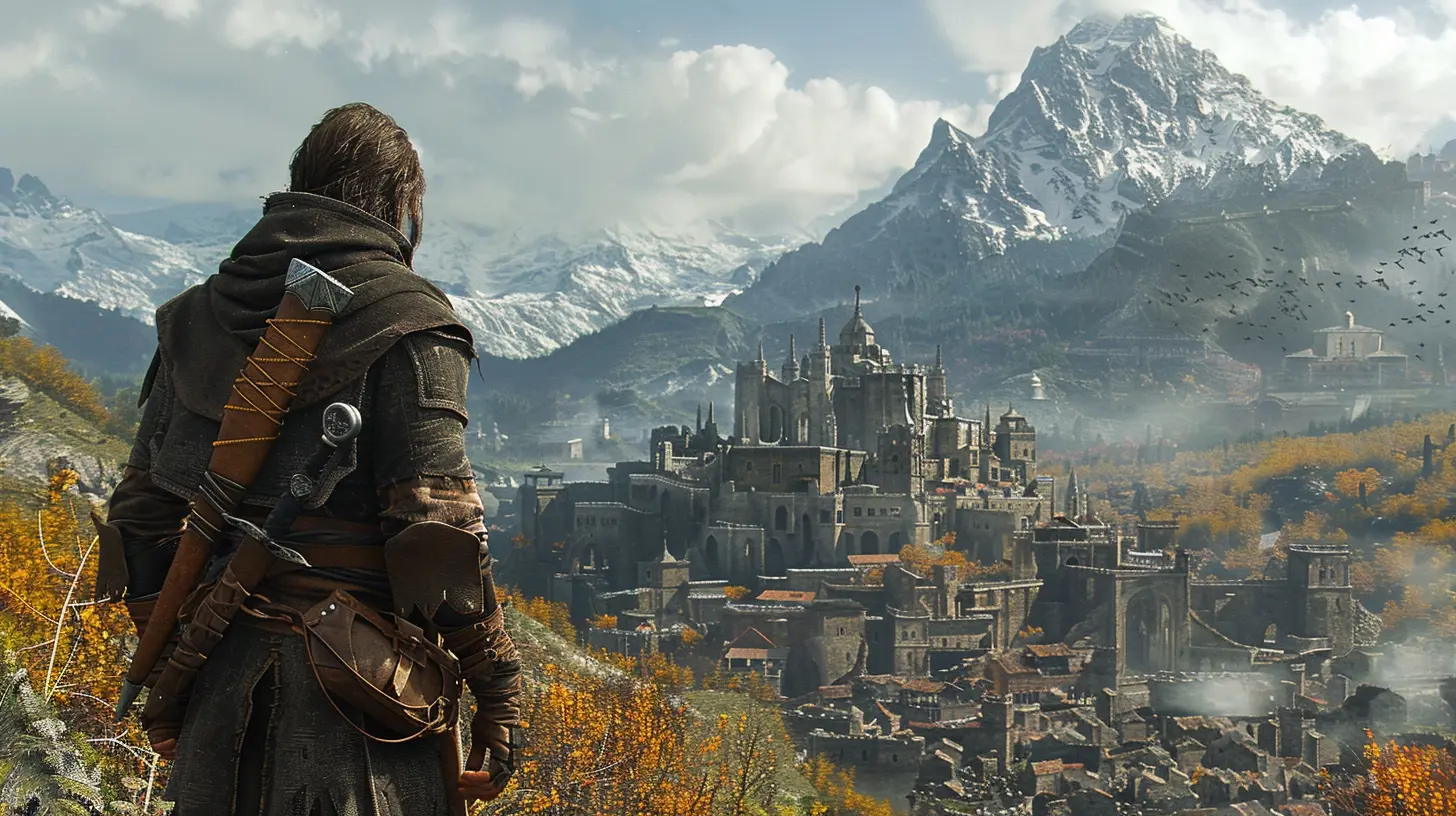
Quests Extend the Shelf Life of a Game
Alright, here’s where it gets spicy. A well-designed quest system can add dozens, if not hundreds, of hours to your playtime. And we’re not talking about mindlessly grinding through repeated tasks. We’re talking meaningful, engaging content that actually makes you want to dive back in.Remember Mass Effect? You might've finished the story once, but 3 or 4 replays later, you’re still discovering new questlines, different character interactions, and alternative outcomes. That, my friend, is the magic of quests.
Quests keep the world fresh. They change based on your choices, your playstyle, even your timing. They turn a linear experience into a living, breathing sandbox. For developers, that’s a win. For us players? That’s a huge win.
Side Quests: The Unsung Heroes
Side quests don’t always get the credit they deserve. Sure, the main campaign is flashy and dramatic, but side quests? They’re where the soul of the game often lives.Think about The Witcher 3. Some side quests are so rich in storytelling, they could’ve been full-on missions in another game. They build the world, add depth to characters, and sometimes leave you reeling with emotion. Yeah, I’m looking at you, Bloody Baron.
And here’s the genius part—because they’re optional, you might miss some the first time through. That gives you a perfect excuse to come back later and experience a totally different angle of the same world.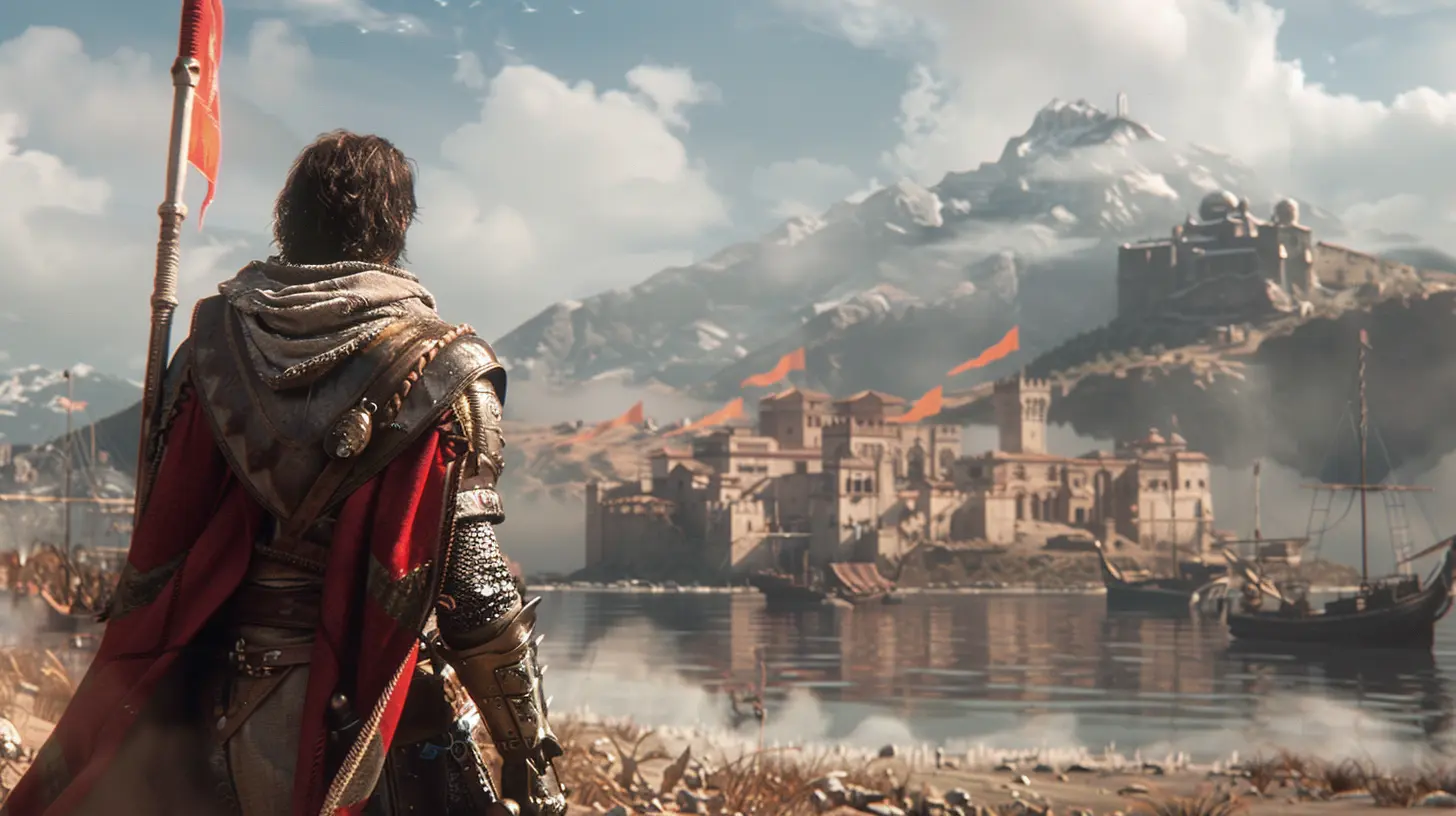
Variety is the Spice of Replayability
Replaying a game is only fun if it offers new experiences. Quests make that possible in more ways than one:1. Multiple Outcomes
Many questlines have branching paths and different endings depending on your decisions. Choose to save one town and let another burn? Totally different consequences next time around.2. Different Classes or Roles
Trying a new character class or playstyle often opens up unique quests or interactions. A stealthy rogue might sneak his way through a prison while a berserker fights his way out.3. Random Events and Timing
Some quests only pop up under certain conditions—specific in-game times, actions, or choices. That means you might only see them on a second (or third) playthrough.This variety keeps things from feeling stale. It’s like watching your favorite movie again, but with alternate endings that shift every time you press play.
Emotional Investment Makes You Come Back
Here's the thing—games hook us emotionally. You don’t replay a game just because the mechanics are smooth (though that helps). You come back because the world meant something to you.Quests are the vehicle for that connection.
They introduce you to characters you care about, dilemmas that challenge your morals, and moments that stick with you long after the console is off. A touching quest about a lost loved one, a hilarious fetch request gone wrong, a tense political standoff—you remember those.
And when a game moves you, you want to experience it again. That’s powerful.
Quests Create Lore, Not Just Tasks
A good quest isn’t about checking boxes—it’s about building lore.Deep, immersive worlds like those in Elder Scrolls or Dark Souls hide their richest stories in side quests. Some of the universe’s most fascinating details aren’t in the main narrative. They’re tucked away in item descriptions and side missions, waiting to be uncovered.
Think about that. You could play through a game once and only see the surface of its universe. But poke around a little more, and suddenly there’s a whole deeper layer you missed before. That’s what brings players back.
Personalization Through Quests
Today’s gamers want control. We want our choices to matter. Quests give us that.Whether it’s choosing how to solve a problem, who to help, what factions to join, or even deciding the fate of entire nations—quests allow us to leave our fingerprint on the game world.
That kind of personalization not only adds replay value, it adds meaning. You come back to see what would’ve happened if you’d made a different choice. And sometimes, those little changes have huge consequences.
Quests Encourage Exploration
If the map is the body, quests are the heartbeat.They give you reasons to explore corners of the world you might otherwise ignore. A strange noise in the distance? A mysterious figure on the horizon? Suddenly a side quest unfolds, taking you to brand-new areas, hidden treasures, or secret bosses.
Without quests pushing you outward, many players would stick to the main road. But with them? The whole world becomes playground.
Replaying for That One Damn Quest (You Know the One)
Let’s be honest—there’s always that one quest that left an impression.Maybe it was a boss fight that kicked your ass, a romance storyline that tugged at your heart, or a moral decision that haunted you weeks later. Whatever it is, you want to re-experience it.
And because some quests only trigger under certain conditions, it becomes a game of discovery all over again.
Some players even do specific "quest runs"—playthroughs focusing only on particular questlines or outcomes. That’s how powerful quests are—they’re worth playing the game again just to feel that rush one more time.
The Quest Loop: Keeping Gamers Hooked
Games like Destiny 2 and Genshin Impact have tapped into a different kind of questing: the live-service model.Daily, weekly, and seasonal quests keep players coming back not just for story, but for progression and rewards. These kinds of quests turn replayability into a habit. You log in not just to grind, but to see what new surprises the game has waiting.
It creates a loop that’s hard to break—and honestly, we’re not mad about it.
How Devs Use Quests to Design Replayability
Game designers know quest design is key to player retention. That’s why many games are built around modular quest systems that can adapt to choices, branching paths, and randomization. It’s not just about giving you content—it’s about giving you reasons to keep coming back.Some developers even track player behavior to tweak future quests—what paths most players ignore, which endings spark debate, which characters are fan favorites.
Your feedback shapes the quest landscape. Your choices actually count. How cool is that?
The Sweet Nostalgia of Redoing Old Quests
Let’s not underestimate the power of nostalgia. Sometimes replaying an old game is like rewatching a favorite show or rereading a beloved book.Quests are memory markers. They remind us where we were in life when we first played, or how certain characters made us feel. Replaying those quests is like catching up with old friends. Sometimes, they even hit harder the second time.
Conclusion: Quests Make Games Worth Replaying
So, here’s the bottom line:Quests aren't just filler. They’re fuel.
They give games depth, direction, and a longer life. They create emotional connections, open up new experiences, and challenge us to think, feel, and explore. That’s why you find yourself reinstalling that old RPG or booting up a second file.
Because there's always one more quest to do. One more path to take. One more story you haven’t heard.
And that’s the magic of replayability.
all images in this post were generated using AI tools
Category:
Quests And MissionsAuthor:

Lana Johnson
Discussion
rate this article
1 comments
Zanthe Harris
Quests turn gaming into an ever-evolving adventure, transforming one-time playthroughs into endless journeys—proving that variety truly is the spice!
September 11, 2025 at 2:41 PM

Lana Johnson
Absolutely! Quests indeed enhance replayability, offering new challenges and experiences that keep players engaged long after their initial playthrough.
